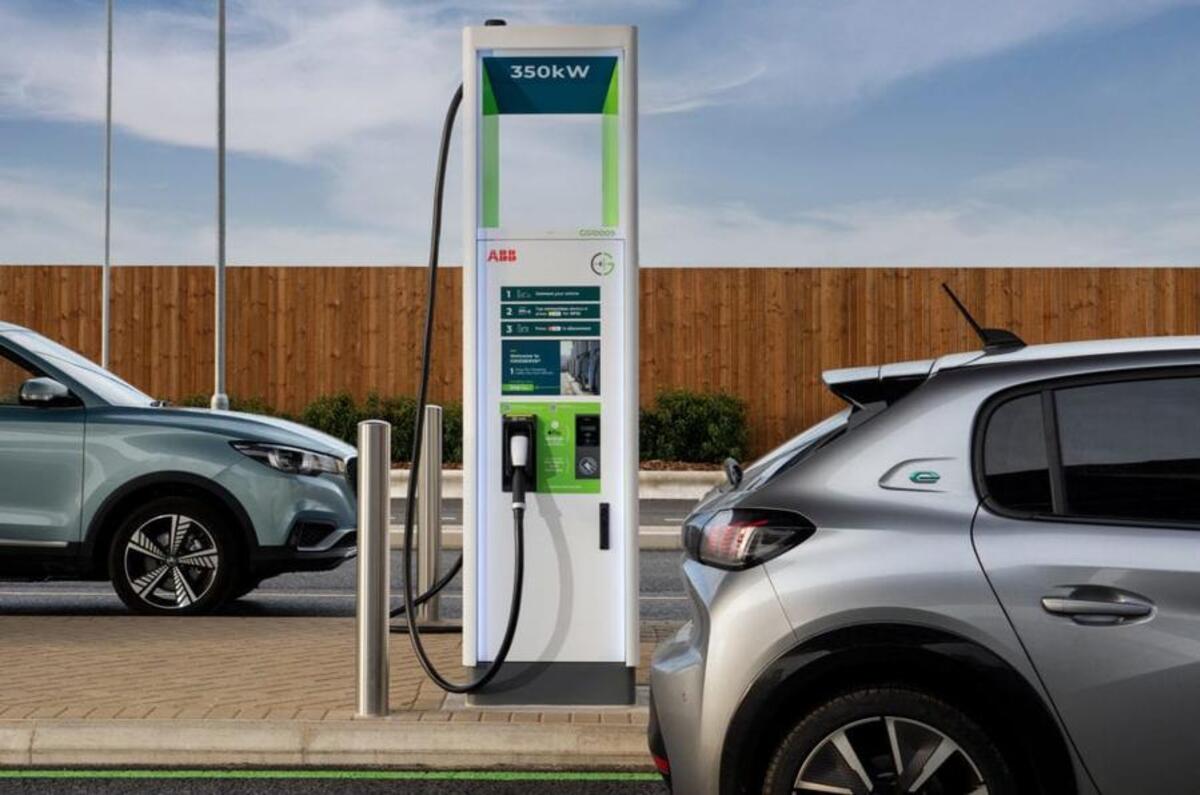Car industry bosses have called for a nationally coordinated plan to develop electric vehicle charging infrastructure, including binding targets to expand charging point provision.
The Society of Motor Manufacturers and Traders (SMMT) has released a new report highlighting how the UK automotive industry has invested £10.8 billion in electrification in the past decade - but it has warned that investment is not being matched in infrastructure.
Mike Hawes, the head of the SMMT, said: "We need to focus on charging anxiety."
He added: "Ten years ago, there were just six electric vehicles on the market, so they accounted for about one in every 1700 new car sales. Today, they are 140 electric vehicles, with another 55 coming this year. One in six cars sold in the UK is pure-electric.
"Despite this, the government is setting the industry incredibly tough regulation. 2035 is the end of sale of non-zero-emission cars, with vans stopped by 2040. This year, we'll get a zero-emission vehicle mandate, something that will seek to dictate the pace of future market transition, despite the fact that that market is moving rapidly.
"As an industry, we're up for that challenge, but we cannot deliver for society without another regulation: the right to charge."
According to reports in the Financial Times, ministers are set to announce an infrastructure strategy on Friday that should address the issues around charging. It also reported that BP will invest an additional £1bn in EV charging points in support of the plan.
The SMMT data shows that there is one rapid charger for every 32 battery-electric vehicles sold in the UK, and while that is in line with other countries, Hawes noted the ratio was getting worse as EV sales outpace charging point growth. He said it was particularly crucial given that one in three UK households do not have off-street parking so are unable to instal home charging points.
He added: "We need more rapid chargers to meet rising sales. Even more critical is the need for greater investment in public charging to get that network up to speed to meet this transition that's rapidly accelerating. That's why we're calling for a national plan to get the right chargers in the right place, and that has binding targets on infrastructure to match those that we have as an industry."
The SMMT wants the charging plan to be nationally co-ordinated and locally delivered, and for it to be overseen by a regulator.
The SMMT has said investment in electric car battery production is also key for future growth. The £10.7bn investment figure the SMMT calculated includes production commitments in new battery 'gigafactories' that are estimated to take total annual UK battery production to 41GWh by 2027. The UK requires an estimated 60GWh of battery production capacity by 2030.
Noting that the European Union is on course to have a production capacity of 1.5TWh by 2040, the SMMT wants the government to adopt a streamlined process to obtain permits and licences for battery factory approval, to speed up investment in that area.








Join the debate
Add your comment
It's going to cost, no question, it's for the future, where charging a Car becomes a mundane chore, won't be cheaper, have to replace the Tax lost from ICE Transport.